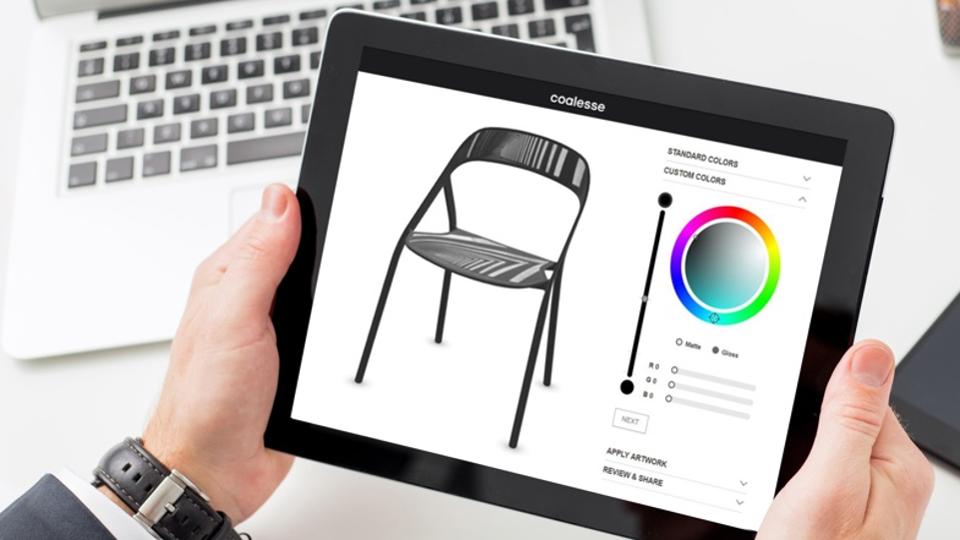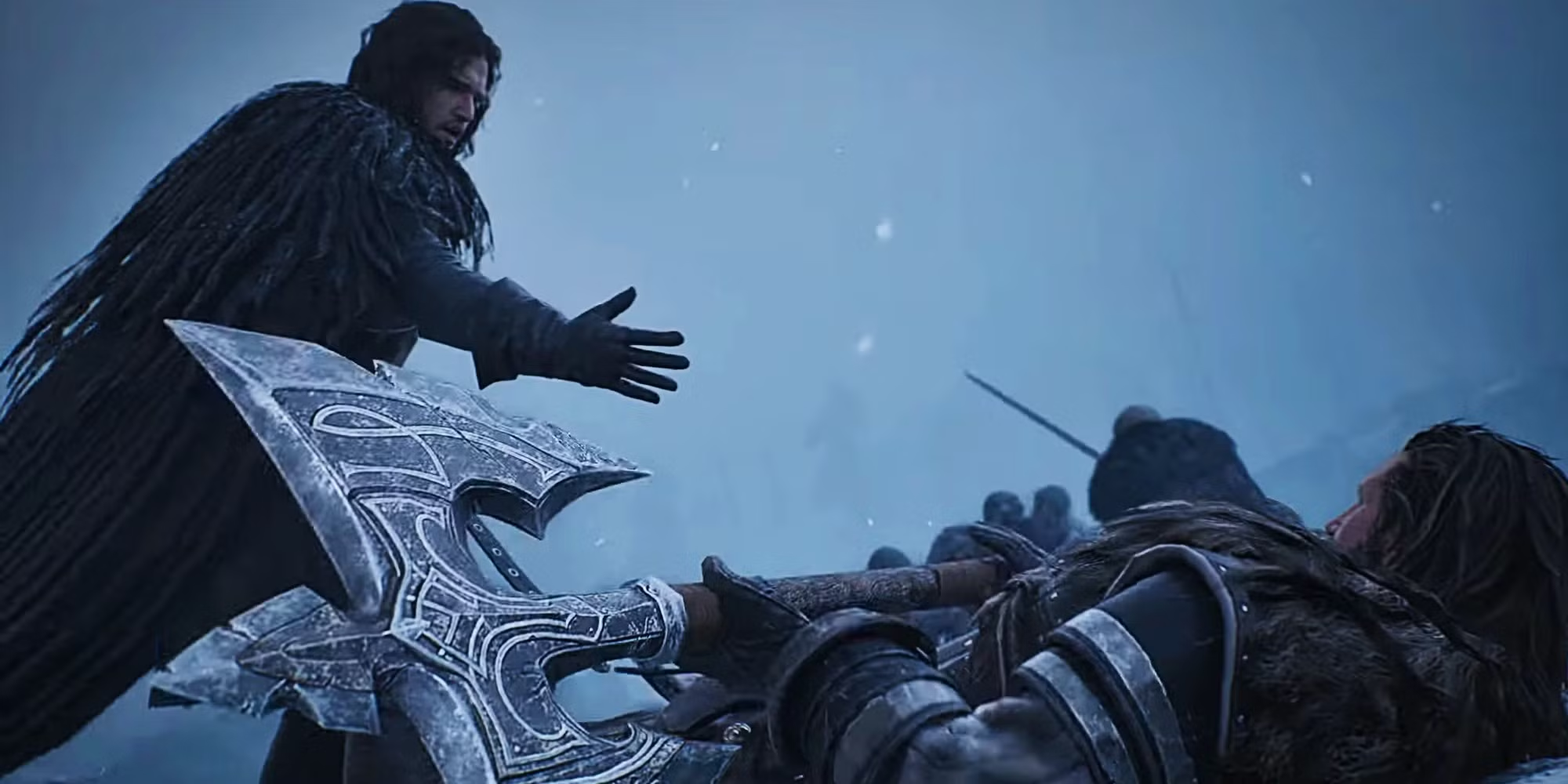
Threekit closed a $20 million series A led by Shasta Ventures
A mere 50,000 product shots. What would typically take an entire team of photographers over a month to complete was recently done in a single weekend thanks to Threekit, a product visualization software platform used to create, manage and scale interactive eCommerce experiences. Talk about efficiency.
And today, Threekit closed a $20 million series A led by Shasta Ventures. The funding round is the latest signal that Chicago is getting put on the map as a retail tech powerhouse. From Threekit to Snap36, SPINS, Label Insight, and InContext Solutions, Chicago is quickly becoming home to a dense concentration of retail tech companies.
Although Menlo, California-based Shasta Ventures may be known for its investments in West Coast companies such as Mint and Nest, the firm is familiar with Chicago thanks to Godard Abel. The firm invested in Abel’s second Chicago startup, SteelBrick, which was successfully sold to Salesforce. He is now at the helm of his latest venture, G2, which helps companies find, research and buy the best software for their unique needs.
It might be Shasta’s positive impression of both Chicago and Abel or the fact the firm started a new camera fund to invest in companies utilizing augmented reality, virtual reality and camera-first computer vision applications that helped to finalize their investment decision. Either way, Threekit meets all criteria. Let me explain.
In 2018, Abel met Ben Houston, a visual effects software developer who founded Threekit in 2014 and had previously used his CGI software in dozens of Hollywood blockbusters, from Titanic to Avatar, Harry Potter to the Twilight saga, Game of Thrones and more. Together, Houston and Abel—as an early investor and board member—helped Threekit redefine the landscape of visual commerce.
For instance, consider the average online shopper. Today, they expect to see at least eight images per product per purchase, up from only three in 2016. Online shoppers also increasingly expect to virtually interact with products in real-time through immersive 3D and augmented reality experiences. But traditional commercial photography and one-off 3D design make this almost impossible.
Using the Threekit platform, businesses can upload product information and design files to instantly and inexpensively create an unlimited number of interactive, augmented reality and photorealistic 3D visuals. Need to show different materials, colors, or configurations? No problem. In fact, Crate & Barrel recently used Threekit to render more than one million images, covering every possible configuration of its sofas, thus allowing customers to find the perfect fit.
“Buying online takes away the ability to touch and feel a product, so interactive product visuals are critical, especially for highly configurable and sophisticated products,” said Joachim Klein, President of Threekit. “Commercial photography falls far short of online buyer expectations, and current eCommerce experiences don’t capture how consumers engage with product listing before buying. Threekit overcomes these challenges by enabling incredible virtual product experiences.”
According to the company, Threekit customers have increased conversion by as much as 40 percent, decreased product returns by as much as 80 percent and saved nearly 90 percent on marketing costs compared to traditional photography. Threekit customers include Crate & Barrel, CIROC, Tailored Brands and Modarri.
“We look for passionate, entrepreneurial teams who understand what it takes to bring their vision to life and that describes Threekit perfectly,” said Jacob Mullins, partner of Shasta Ventures. “Beyond that, Threekit’s product is poised to fundamentally change the way retailers and brands create and manage visual content.”
Hinted at earlier, Threekit is not the only company transforming retail technology in Chicago. InContext provides 3D simulation software for retail merchandising. The company’s main platform, ShopperMX, allows the user to visualize, test, and activate solutions “without the overhead of failing at large.” Snap36 creates 360-degree product photography, working across a variety of industries from automotive to fashion. Label Insight provides enriched product data and transparency solutions for the packaged goods and grocery retail industries. While wellness-focused SPINS transforms retailer data into performance solutions that accelerate growth and deepen shopper loyalty.
What all of this tells us is that the $2 billion dollar product photography industry along with the retail technology industry are being fundamentally transformed, most likely due to retailers’ increasing competition with Amazon, and Chicago seems to be the hot spot for retail tech companies to anchor down and get their piece of the pie.




















![[Book Review] The Blade Itself (The First Law Trilogy) by Joe Abercrombie](https://bendthekneegot.com/wp-content/uploads/2018/01/1516047103_maxresdefault-218x150.jpg)

















